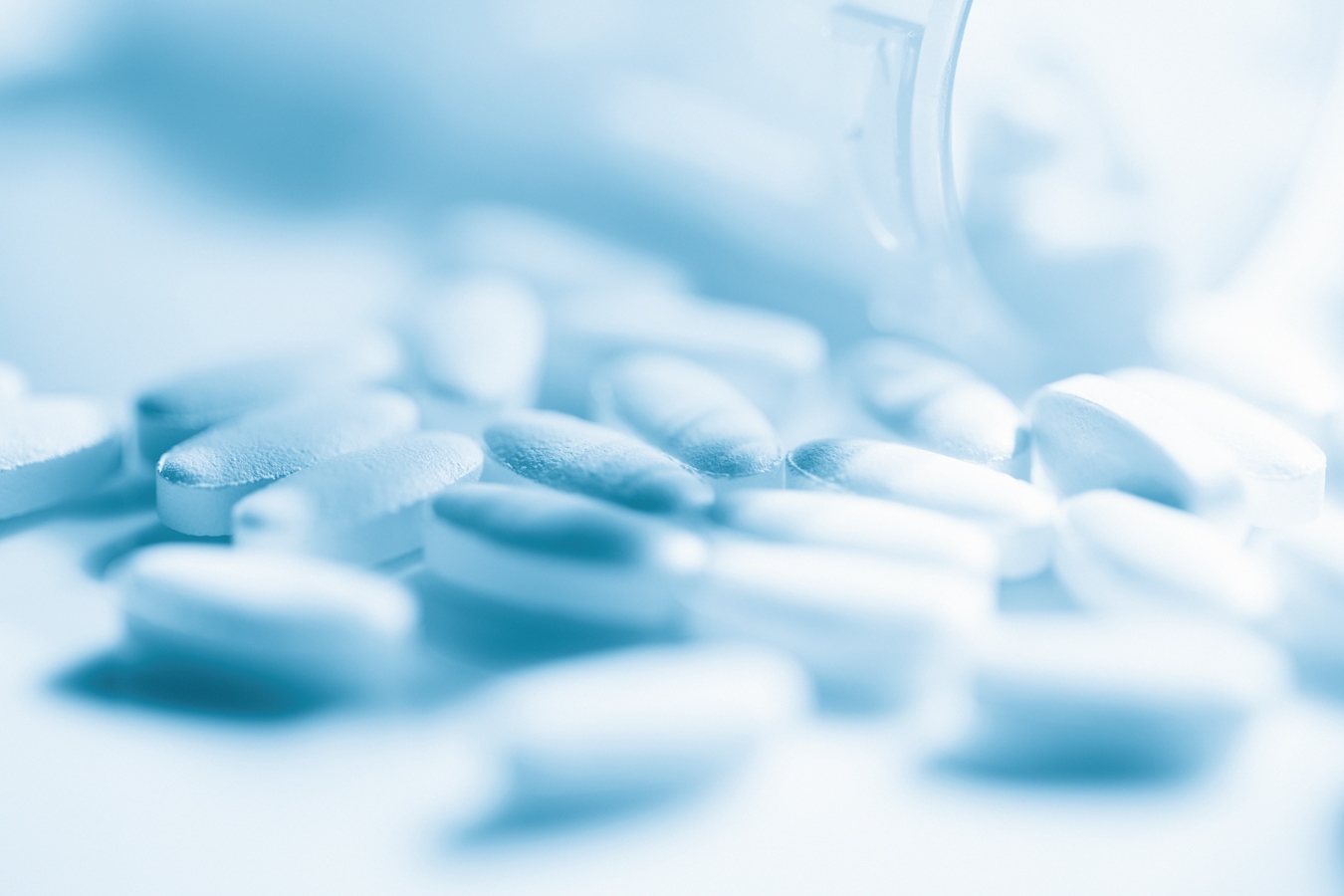NEWS
How Addictive Are Prescription Meds?

Statistics show that 12% of prescription medication users are addicted to their meds. Statistics also show that 4 out of 5 pharmacy-filled meds are opioids.
It is very common for people to receive prescription meds from their doctor. This may happen after you have had surgery and you need something like opioids for pain.
There are a lot of prescription medications that come with adverse side effects. Some prescriptions have a higher risk of addiction, depending on the situation.
Keep reading to find out why prescription drugs are so addictive.
Can Anyone Get Addicted to Prescription Meds?
Drug abuse is something that has a lot of stigma around it. It is easy to assume that it only impacts certain people.
The reality is that almost anyone could become addicted to prescription meds. There are people who have more addictive personalities, but it doesn’t always come down to that.
For instance, you may have had back surgery and used prescription pain medication. It is not uncommon for people to become addicted from long-term use of these meds.
Some drugs have ingredients that are more addictive than others. This means that anyone could be at risk for addiction if they misuse their medication.
That is why it is important to have an open conversation about medication abuse. It can happen to anyone without you even realizing it.
What Makes Medication Addictive?
Experts refer to addictive meds as habit-forming prescriptions. This is because some medications can create dependency.
Some of the most common meds that are addictive are opioids. Opioids are usually prescribed to relieve pain for chronic pain or after painful procedures.
Depressants can also have an addictive effect on some individuals. These are often prescribed to help people sleep or relieve anxiety.
Stimulants are also very habit-forming as you feel the need to take more and more of them. They are most often prescribed for ADHD, but many people use them for better efficiency.
A lot of these drugs can create dependency in a short time. You may take one more pill than you need or increase your dosage each day.
This doesn’t seem like addictive behavior, especially if you have a legitimate reason. But the more you take these medications, the higher the risk of dependency.
Your brain starts to crave these drugs as they create a dopamine effect. This is very similar to the effect on your brain that some illegal drugs have.
Signs of Prescription Medication Addiction
There are plenty of instances where you legitimately need prescription meds. It is important to understand that this is not a bad thing.
But you do need to be aware of the risks of forming an addiction. One way to do this is to understand the symptoms of prescription drug abuse.
For opioids, you may start to feel physical symptoms like nausea and drowsiness. You may also lose coordination and start to feel confused.
Some anxiety medications can start to cause cognitive difficulties. This includes symptoms like dizziness, confusion, and memory issues.
Stimulants have a variety of side effects you should immediately notice. This includes feeling as though you are high or losing the ability to sleep.
Stimulants can also cause anxiety and paranoia along with high blood pressure. For any kind of medication addiction, you will probably start to show mental changes.
Some people become paranoid and start to sleep less at night. They may also have mood swings and start to make poor decisions that others don’t understand.
Keep in mind that everyone is different and will showcase different kinds of symptoms.
How to Recover From Prescription Addiction
No matter what you are addicted to, there is always a light at the end of the tunnel. Recovery is an option that anyone can take advantage of.
Here are some examples of how you can begin recovering from prescription drug addiction:
Understand the Problem
There is always a first step when it comes to something like drug abuse. You need to acknowledge that you have a problem and move forward.
You cannot start your recovery until you accept that you have formed an addiction. From there, you can start to avoid things that trigger this addiction.
Get Support
It is very difficult to recover from addiction when you are on your own. A lot of people make the mistake of trying to do theirs out of shame or embarrassment.
The reality is that your loved ones want to help you through this process. They have probably noticed changes in your behavior and health and want to help.
That is why it is important to open up to those closest to you. Find a small support team so that you are not the only one holding yourself accountable.
Seek Treatment
Overcoming drug abuse is a lot more difficult than people realize. Because of this, it is important to go to a detox program.
Xanax detox programs provide a safe environment where you can get clean. You will be surrounded by those in the medical field who can help you through withdrawal.
If this is something you’re interested in, check out this page on Xanax detox.
Prescription Meds: Understanding the Addiction
Drug addiction is a huge problem in the US and other areas of the world. Prescription meds are also a huge problem since they can become addictive.
Some of these drugs can imitate the effects you get from illegal drugs. Because of this, they can become very addictive if misused or used for long periods of time.
Do you want to learn more about overcoming addiction? Keep reading our blog for helpful articles on health.
Having completed my education in English, I’ve cultivated a successful career as a content writer. My tenure includes valued collaborations with distinguished professional organizations, reflecting my commitment to producing high-quality content.
Contact me on this mail: [email protected]










